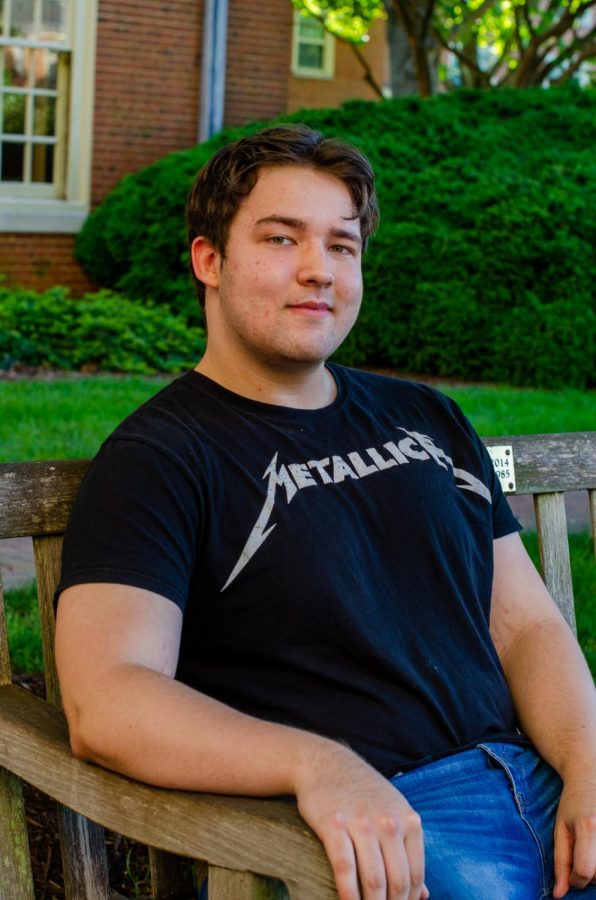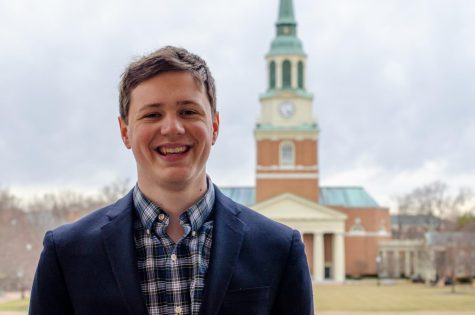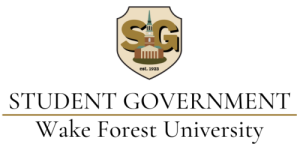Fernando Rigal – Applied Math
May 7, 2021
It’s common for many to feel faint or dizzy when they come into contact with a lot of blood. The opposite is true of Fernando Rigal, an applied mathematics and physics double major from Miami, Fla. As part of his independent research, Rigal’s work on blood has been published in two journals: the Redox Biology Journal and the Nitric Oxide Journal.
Rigal’s journey to getting published in these well-respected journals began when he was conducting research during the summer after his freshman year with Professor Daniel Kim-Shapiro of the Physics Department. Rigal would go on to be named a Goldwater Scholar for his work.
“I would tell freshmen wanting to study science to email any faculty you know and express interest in their summer research,” Rigal said. “You never know, you could be lucky like me. [Maybe they will] reach out and say ‘yeah, come help me with research this summer.’”
Rigal was drawn to math and physics due to his high school coursework.
“The applied mathematics major fits really well with majoring in another science because it’s so connected to other disciplines,” Rigal said.
In particular, Rigal enjoyed some of the upper-level mathematics classes offered by the department because they were more granular and relied on less theory.
“My favorite applied mathematics class was definitely Introduction to Mathematical Modeling,” Rigal said. “It’s required for the major but it’s the first class where you really learn and understand what applied mathematicians do and how they work. It’s not like pure mathematics where they just apply theory to different problems, it’s more delving into current scientific research, taking data and attempting to create predictive models.”
Double majoring is never easy, especially in two majors as regimented and rigorous as physics and applied mathematics. Despite this, Rigal has thrived.
“Fernando is a determined and hard working student who has not only taken challenging courses but pushed himself to succeed despite the difficulties imposed by the COVID-19 pandemic,” said Dr. John Gemmer, an assistant professor in the Department of Mathematics and Statistics.
Despite the difficult nature of the major, Rigal still recommends it to everyone he comes into contact with.
“The biggest piece of advice I can give, is that if you really like math, major in applied mathematics,” Rigal said. “The major has the most classes and requirements, but many science classes like chemistry and biology count for the applied mathematics major. So, if you like math and are going to be taking those science classes anyways, why not?”
Outside of the classroom and his research projects, Rigal serves as the president of the Neuroscience Club. He also chairs IRIS (Integrating Research in Science), a student-led conference that brings together STEM and non-STEM fields.
“Basically, we invite people who’ve done research — both at Wake Forest and at other schools — to this big conference at the end of the year where undergraduates can present their research and get feedback from other students and experts,” Rigal said. “This year our event had to be virtual, but it was still a really positive experience.”
Although Rigal has enjoyed his time as a Demon Deacon, in particular, the President’s Gala he attended during his freshman year, he’s excited for his academic future. This summer, Rigal will be working with a mentor in the Biophysics program at the University of Illinois at Urbana-Champaign. In the fall, he will be enrolled in the Biophysics Ph.D. program there.
“It’s been a crazy past couple of years, but I’ve liked most of it,” Rigal said. “That being said, I’m excited to graduate. Hopefully, by next year, enough people will have the [COVID-19] vaccine and I should be able to have a normal graduate experience.”















